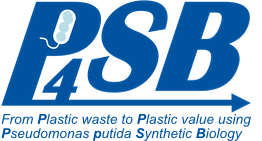Plastic particles with a diameter smaller than 5 mm are referred to as microplastics. These can be secondary fragments created by the breaking up of larger pieces of plastic such as packaging materials, or fibres that are washed out of textiles. They can also be primary plastic particles produced in microscopic sizes. These include particles used in cosmetics and in other body care applications.
What are the most important sources of microplastics? This question will be answered by the latest findings of studies in Norway, Denmark and Germany. Different sources of microplastics will be introduced to derive a comprehensive understanding of their origins as well as their fate and accumulation in the environment.
http://microplastic-conference.eu/home
